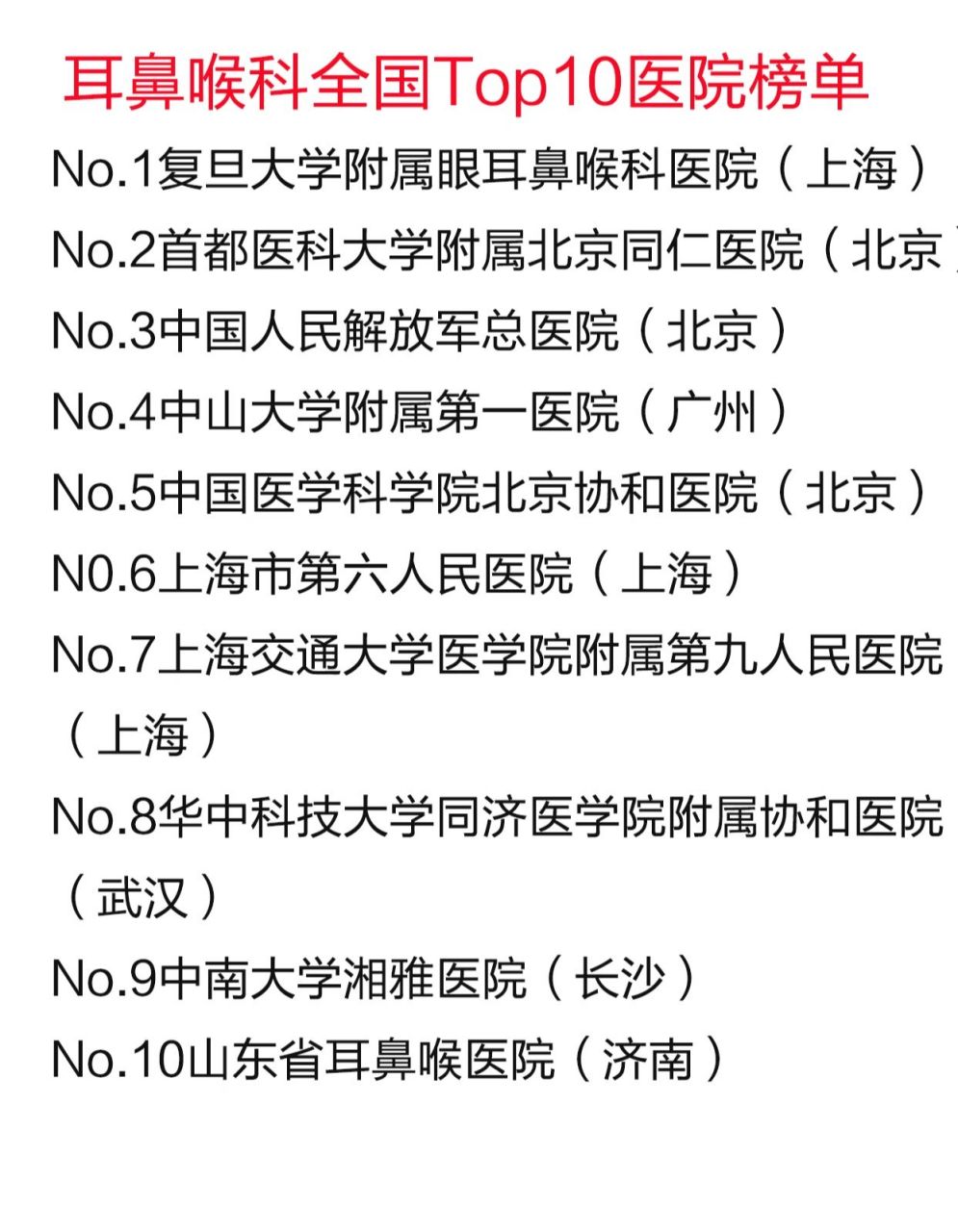
The treatment of hyperuricemia, or high uric acid levels in the blood, typically includes lifestyle changes, dietary adjustments, and sometimes medication. Lifestyle modifications involve maintaining a healthy weight, as obesity can increase uric acid levels and the risk of gout. A balanced diet low in purines, found in organ meats and shellfish, is recommended. Adequate hydration is crucial to help flush out excess uric acid. Alcohol consumption should be limited, especially beer, which can raise uric acid levels.
Medications may include uricosuric agents like probenecid, which increase uric acid excretion, or xanthine oxidase inhibitors like allopurinol, which decrease uric acid production. In severe cases or when traditional treatments are ineffective, newer medications such as pegloticase or lesinurad may be considered.
It's important for patients to work closely with their healthcare provider to monitor uric acid levels and adjust treatment as needed. Regular check-ups and adherence to the treatment plan are key to managing hyperuricemia effectively.












